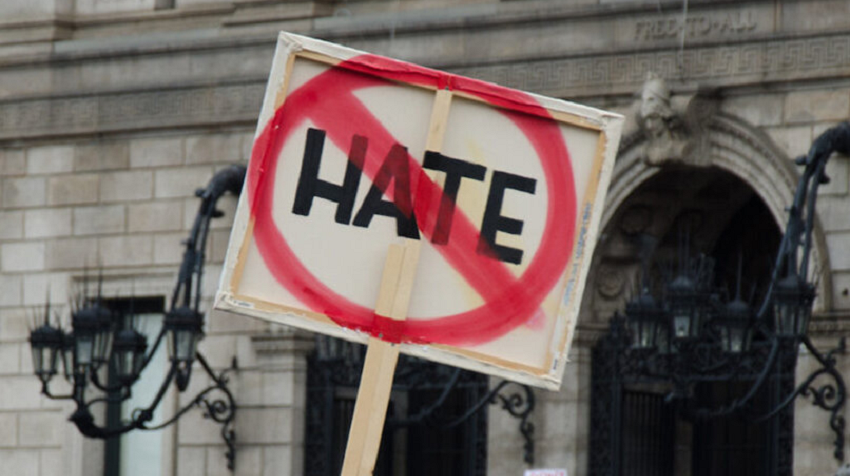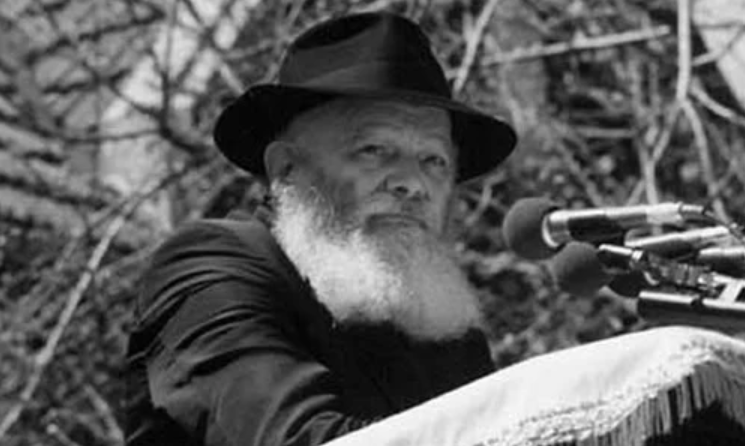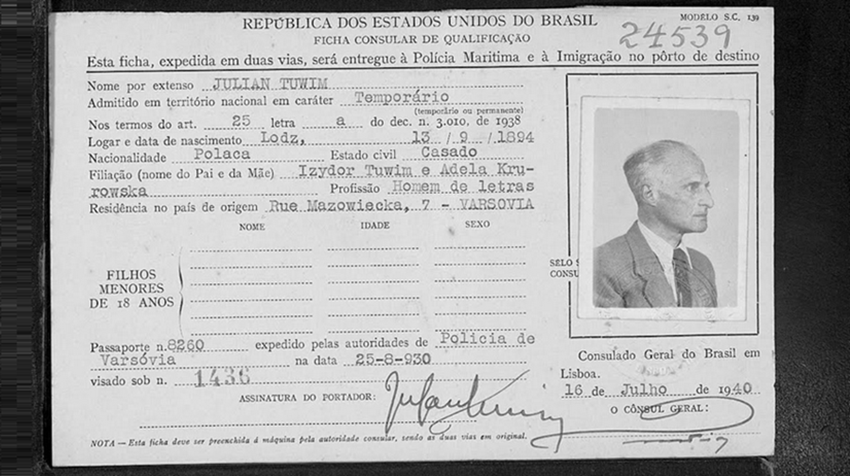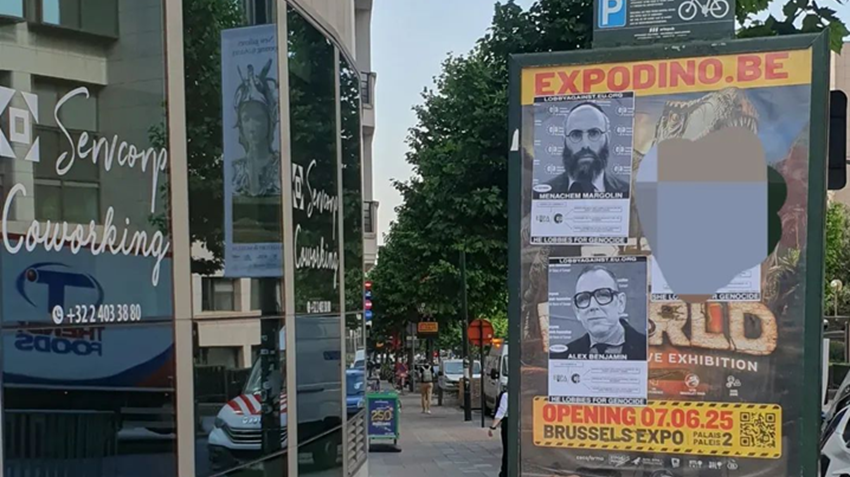Credit: Tim Pierce
The solution to the modern-day politicization of the Holocaust – seen lately in the connection made by anti-government protesters between Nazi and COVID-19 restrictions – is education, Tamir Yizhaq Wertzberger, foreign affairs director at the Action and Protection League (APL) told The Jerusalem Post at the European Jewish Association’s annual conference in Budapest on Tuesday.
How is it possible that this preposterous connection could even be made? “It is coming from misunderstanding and ignorance of the young generations of what the Holocaust actually was,” he said.
“Antisemitism is like a virus in that it keeps mutating and adopting different forms,” EJA director Alex Benjamin said at the opening of the panel on the topic. The reason for this one, said Wertzberger, is a severe lack of education.
The APL tracks antisemitism and attempts to tackle it by a few methods. Originally founded in Hungary in 2012, it expanded to be pan-European a few years ago.
In December 2020, the Simon Wiesenthal Center announced that of its top ten trends in antisemitism and anti-Zionism, blaming Jews for the COVID-19 pandemic led the pack. This was nine months after the pandemic began.
Today, one in 20 Europeans has never heard of the Holocaust, according to Stavros Kalafatis, Greece’s deputy interior minister. And “those who survived are now too old or no longer among us to describe the horrors they experienced.”
Wertzrberger spoke of a 95-year-old woman Holocaust survivor who was featured in one of the videos shown by EJA during the conference. “She reminded me of my Holocaust survivor grandparents and reinforced the notion that my own children will learn about the Holocaust from the education systems that they are in.”
But is that a realistic approach to take today?
“I don’t know how much they are telling about the Holocaust or in what ways,” he said. “We are trying to monitor and influence as much as we can, but for me – [someone] who was raised among Holocaust survivors and heard their testimonies firsthand – [I can only hope that] my children will learn about it from history books.”
Wouldn’t you hope that that’s enough? That the education system is good enough?
“What we see is that it is not.”
Holocaust education is part of the Hungarian core curriculum, noted Hungary’s Deputy Prime Minister Zsolt Semjén during the conference. “We have zero-tolerance towards antisemitism.”
If people are going to the streets and comparing government restrictions during a global pandemic with the greatest genocide in human history, “that shows us that it’s not enough,” argued Wertzberger.
“If they are actually making these comparisons, they obviously don’t really know what the Holocaust was.”
And if they knew?
“If they knew, they would probably respect it much more.”
The pandemic was a very extreme situation that forced people out of their comfort zones, Wertzberger said, explaining why this phenomenon came about. “In the Holocaust, people didn’t have food to eat. People today are comparing that to not being able to leave their homes for a few days. Those are absolutely not the same.”
Where is it coming from and how do we fight it?
The people who are spreading false information about COVID-19 are the same ones who are against taking in Ukrainian refugees and promote the “denazification” of Ukraine, noted Polish Senator Michal Kaminski.
Nicola Beer, vice-president and chairperson of the Working Group Against Antisemitism in the European Parliament, listed a number of ways in which the elected body is tackling the issue.
Included were the appointment and position of Katharina Von Schnurbein, the first European Commission Coordinator on Combating Antisemitism; the Digital Services Act passed by the commission to protect the rights of online users; and the implementation of the International Holocaust Remembrance Alliance’s definition of antisemitism by all EU bodies.
“To have real impact, implementation is needed,” Beer said. “Nobody can hide behind the freedom of speech or of expression. Those freedoms are not absolute, and antisemitism is a line that cannot be crossed.”
Source: The Jerusalem Post


































